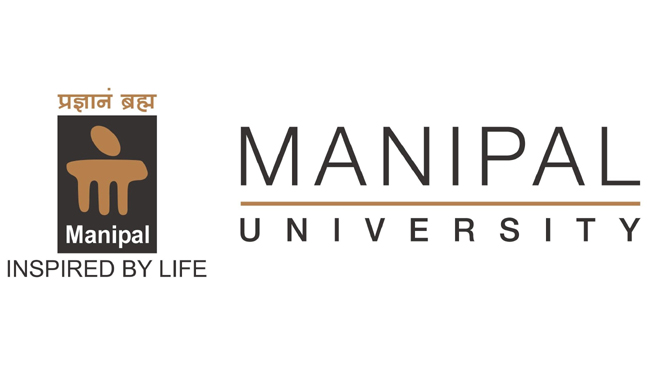
Manipal, 7 June, 2021.
The
Gandhian Centre for Philosophical Arts and Sciences (GCPAS), constituent
department of Manipal Academy of Higher Education (MAHE) along with UNESCO
Peace Chair conducted two days international conference ‘Ecosophy” addressing
the importance of art and peace in today’s era. A total number of 45 research
papers related to art and peace are being presented online from different parts
of the country and abroad discussing on contemporary issues and future
alternatives that can be adopted to maintain peace and harmony in the world.
The subthemes for the conference included as wide-ranging themes as ecological
challenges, socio-economic issues, literature, cinema, gender studies,
philosophy, individual to international peace etc.
The
virtual conference emphasized the “Ecological Civilization”, based on harmony
between humans and nature. Lt Gen Dr. M D Venkatesh, MAHE Vice-Chancellor
addressed the Day 1 session highlighting the socio-economic and ecological
problems which need to be addressed.
UNESCO
Peace Chair Prof M D Nalapat, address his keynote stating the essence of Indian
civilization is ‘VasudhaivaKutumbakam’ (The world is one family). The gandhian
notion of ‘appropriate means’ needs to be the cardinal philosophy in every walk
of life, in international relations, so also in the time of the pandemic.
The
first-day virtual conference ended with the session concluded by well-known
journalist Sudheendra Kulkarni on “Possibilities of International Peace: A
Gandhian Approach” where he maintained that the only option for industrial
civilization is ecological civilization. Different sources of violence need to
be addressed by Gandhian values of non-violence, love, and compassion, he
added.
The second
day of the conference begin with renowned writer Prof Manu Chakravarthy with
his session on ‘The Cosmos and Human Consciousness: Metaphysical Explorations
through Cinema’, He reasoned for a shift from anthropocentric worldview to a
more nature-centric worldview, a kind of harmony between humankind and nature,
for a better world. He demonstrated his point of view with examples from films
of Kubrick, Tarkovsky, and Kurosawa.
The next
session was followed by Dr.Bashabi Fraser, Director, Scottish Centre for Tagore
Studies, Edinburgh Napier University on ‘Tagore and Environment: Philosophy and
Praxis’, where she stated that Tagore was inclined to an ecological
civilization as represented in his notion of a forest university and Shanti
Niketan. Nature never betrays those who love her, she cited.
The day
two last session for the virtual conference was by MAHE Executive
Vice-President Dr. Vinod Bhat. He said that the research and publication need
to define any university which holds the key for crisis and conflict
resolution. Later the virtual concluded was concluded by GCPAS Director Prof
Varadesh Hiregange and Team ICEAAP. Director Prof Varadesh Hiregange said that
maintaining art could be a medium for peace and ecosophical exploration and
expression.